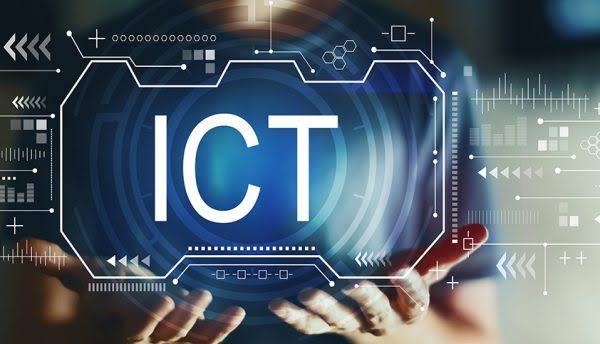FG Targets 30% ICT Contribution To GDP By 2025
TECHDIGEST – The Federal Government has said it plans to increase the contribution of the Information and Communications Technology sector to Gross Domestic Product from 14 per cent to 30 per cent by 2025.
The government disclosed this in its ‘Nigeria Medium-Term National Development Plan 2021-2025: Volume II.’
It said it would increase the share of digital economy jobs by 30 per cent within the national development plan period.
The Federal Government said it would increase the number of jobs created from cross-sectoral partnerships and projects to 100,000; ensure that a gigabyte of data is N200; and reduce gender gap in access to digital tools between male and female Internet users to 10 per cent.
It said it would increase the share of population coverage of mobile broadband services with 4G and 5G technology from 37 per cent to 90 per cent; increase the number of local governments with Internet access from 473 to 697 by 2023; increase minimum download speed in urban and rural areas to 25Mbps and 10Mbps respectively; and increase the length of fibre network in the nation from 30,00km to 120,000km by 2023.
“For economies to build resilience in this fast-paced, and ever-changing global environment, there is a need for a robust digital, ICT, and research and development ecosystem to drive innovation and continuous adaptability for sustainable economic growth,” it said.
According to the document, with its young tech-savvy population, Nigeria has the potential to become a leading technological powerhouse and boost productivity across its economic sectors.
The government said to maximise this, it would implement identified strategic measures that focus on skills development and drive technical and financial support to businesses in the digital and ICT ecosystem.
It said, “Four strategies are critical to Nigeria’s digital economy objectives and targets: Improve existing legal frameworks through policy amendment and implementation; drive investment for infrastructural development through public funds and blended financing; increase financial and technical support in the digital economy ecosystem, through local and foreign investments.
“Prioritise skills development through the teaching and learning of core sciences at all levels; ensure that the teaching and learning of basic and advanced sciences are prioritised by the government.”
















